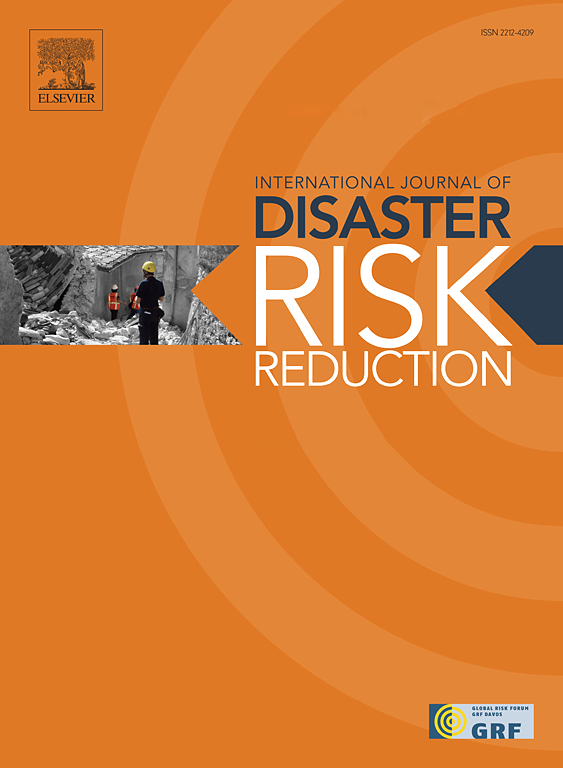Published online: 06 Jul 2022
Authors: Dil Bahadur Khatri, Dinesh Paudel, Adam Pain, Kristina Marquardt, Sanjaya Khatri
Available at: https://doi.org/10.2458/jpe.2298
ABSTRACT
Nepal’s community forestry is an example of a decentralized, participatory and autonomous development model. However, recent community forestry practices informed by the concept of scientific forestry in resource-rich and commercially lucrative Terai regions of Nepal have reversed community forestry gains. Scientific forestry, enforced through the Department of Forest has reproduced frontier power dynamics creating reterritorialization of community forestry through commercialization. Discouraging subsistence utilization and increasing commodification of high-value timber resources have been crucial in reconfiguring forest authority and territorial control. Moreover, the Scientific Forestry Programs have informally institutionalized rent-seeking practices at the local level. A local level, power nexus has developed among forest officials, contractors and community elites that systematically undermine local participation, allocation of resources for subsistence livelihoods and local autonomy. In effect, scientific forestry is recentralizing forest authority by legitimizing territorial control and the elite accumulation of benefits.







